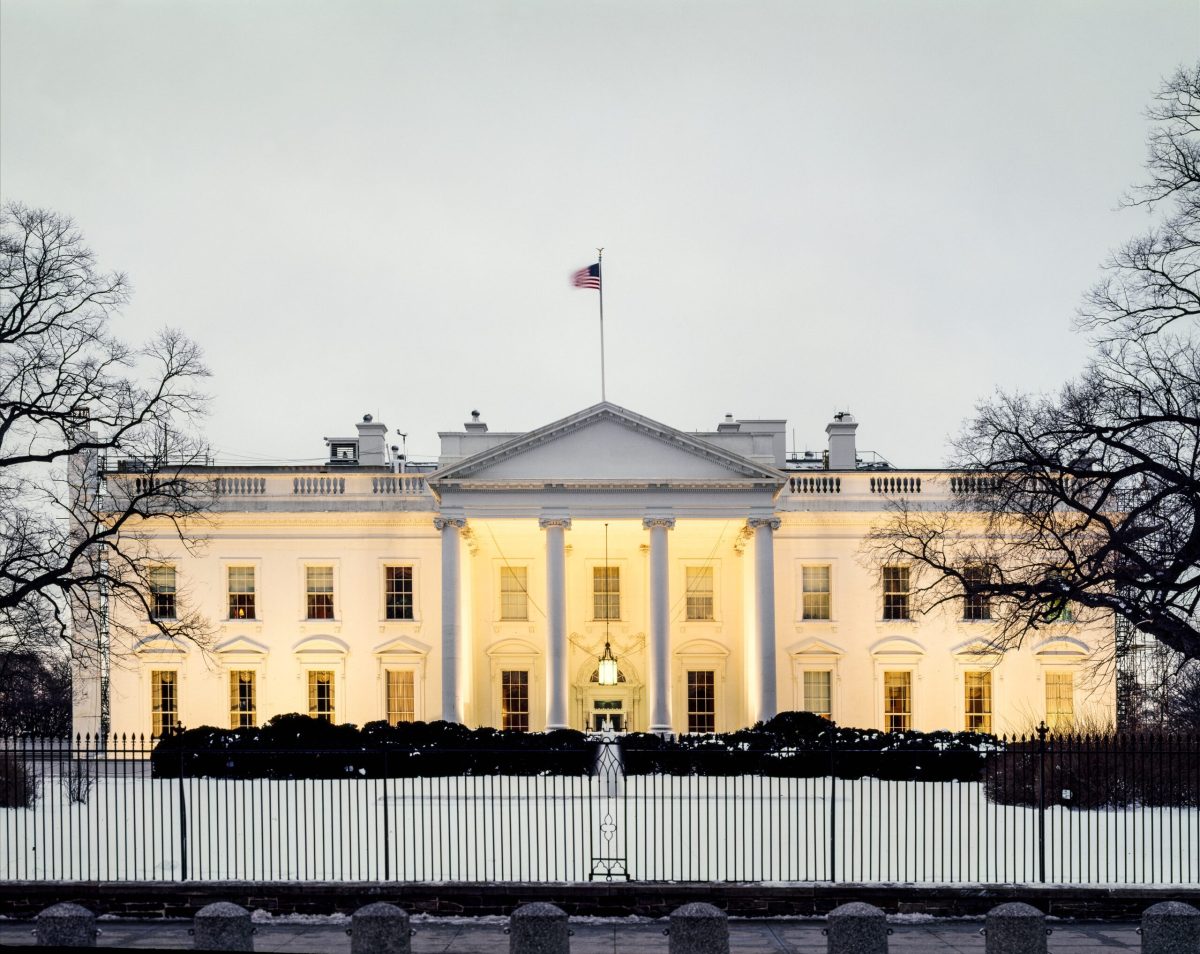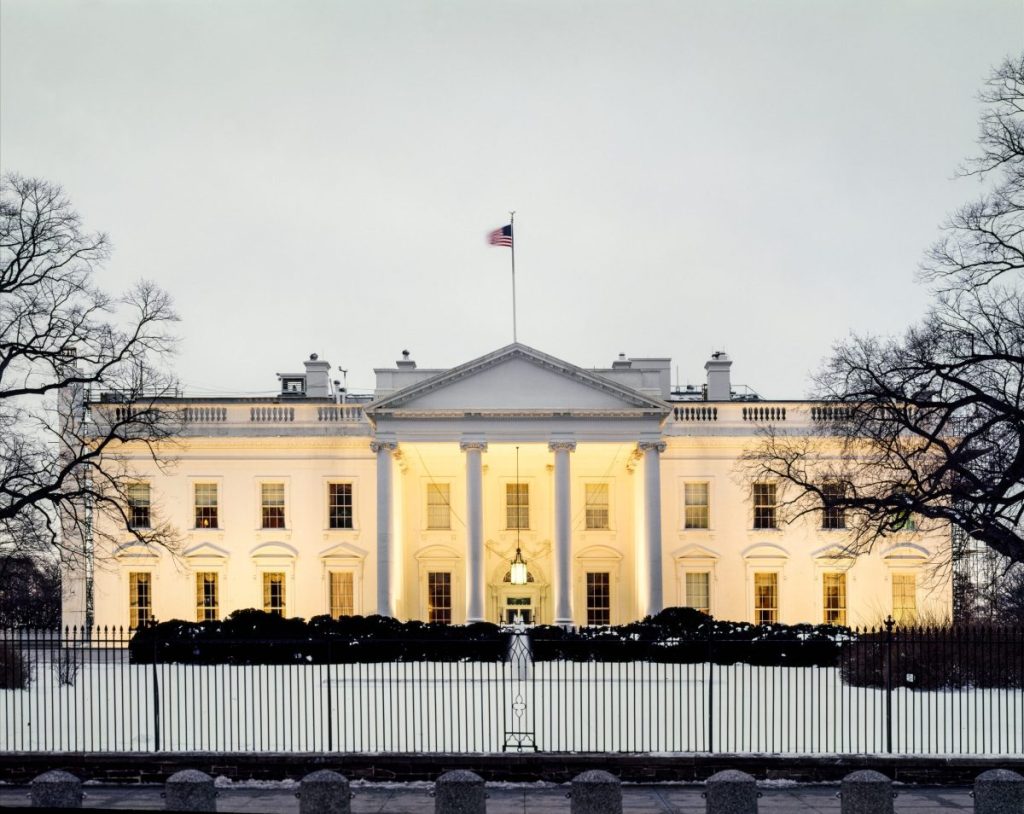Washington is gearing up for significant changes in space and national security policy as Donald Trump prepares for a second term. With a Republican-controlled Congress, experts foresee increased defense spending but caution that Trump’s unpredictable approach may lead to major shifts in alliances, contracting practices, and international cooperation.
Likely boost to defense spendingA Republican-led government is expected to prioritize defense, with a focus on space and missile defense programs. The U.S. Space Force could see increased funding as part of broader efforts to enhance national security.
Strains on alliancesTrump’s past criticism of NATO and calls for allies to contribute more financially have raised concerns about U.S. commitments abroad. Experts warn that such rhetoric could strain relationships with European and Asian allies.
Uncertainty in Ukraine conflictTrump’s claim to resolve the Ukraine war on “day one” has fueled speculation about the future of U.S. support for Ukraine. Reports suggest that Trump has already spoken with Russian President Vladimir Putin, sparking fears of a hasty resolution favoring Russian interests.
Rising tensions with ChinaTrump’s focus on tariffs and unilateral action could escalate trade wars and strain U.S.-China relations. Allies in the Asia-Pacific may also face new demands for increased defense spending as the U.S. seeks burden-sharing agreements.
Elon Musk’s influence on space policyElon Musk’s substantial financial backing of Trump’s campaign has sparked speculation about his potential influence on space policy. Musk’s vision of commercial-driven government and defense contracting could accelerate innovation but raise transparency concerns.
Shift toward isolationism in spaceA potential “America First” approach in space policy could deprioritize international collaboration at a time when global norms for space security and sustainability are urgently needed.
Space National Guard and Space Command relocationTrump is likely to revive efforts to establish a Space National Guard, despite concerns about cost and bureaucracy. He is also expected to push for relocating U.S. Space Command to Alabama, a contentious issue with significant operational implications.
Key policy recommendations for Trump’s second term
Recent reports from the Aerospace Corporation, MITRE, and the National Security Space Association outline priorities for U.S. space policy:
- Securing the U.S. space industrial base: Strengthen protections against foreign influence and enhance supply chain resilience.
- Maintaining global space leadership: Foster innovation, promote responsible operations, and build stronger partnerships with allies.
- Adapting to a crowded space environment: Protect assets, encourage sustainability, and support commercial space ventures.
- Catalyzing the commercial space sector: Address supply chain and workforce issues while promoting environmental stewardship.
- Navigating proliferated defense space systems: Scale production of smaller, cost-effective satellites while maintaining quality and security.




